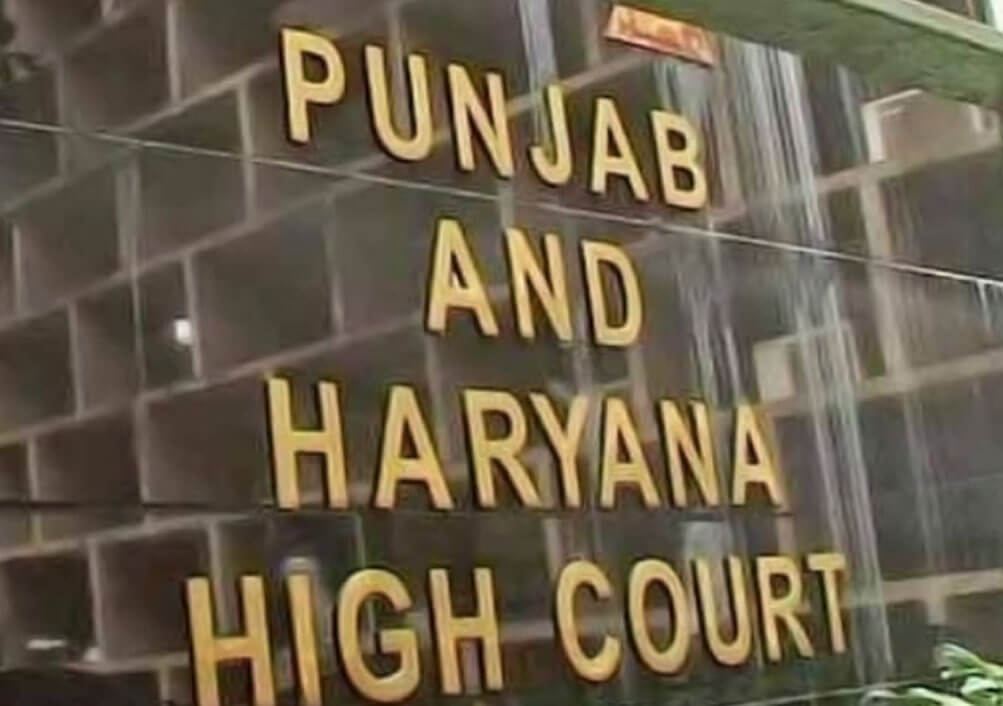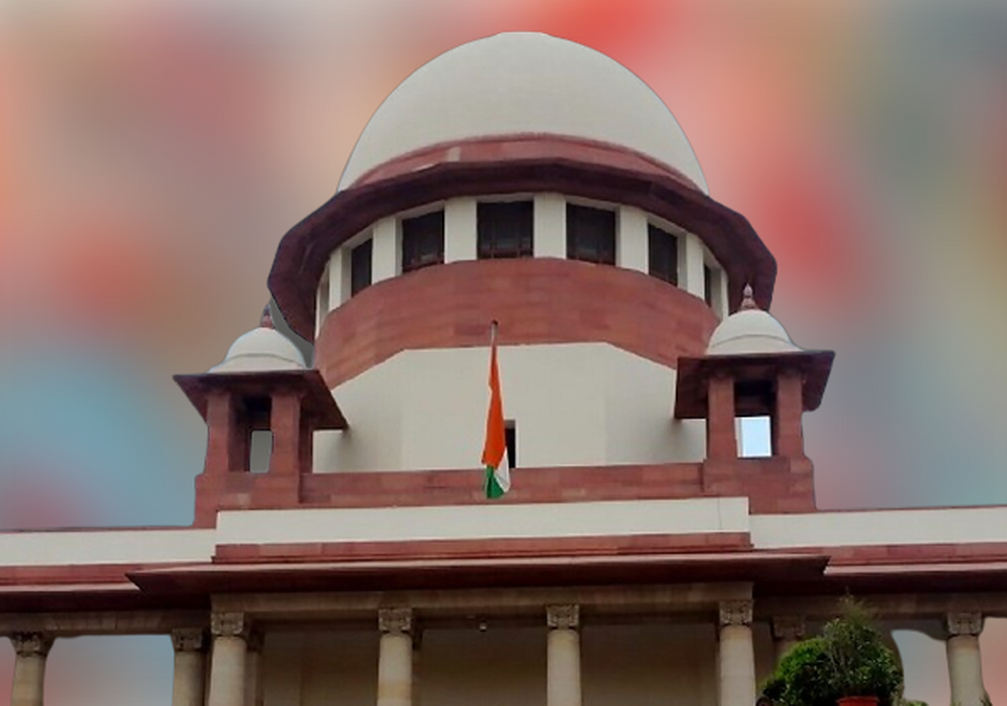Reiterating that principle of vicarious liability cannot be extended indefinitely, P&H HC holds owner of vehicle not vicariously liable for any mis-declaration by owner of goods u/s 130 of CGST Act, 2017

Read Order: Vijay Mamgain v. The State of Haryana & Others
Monika Rahar
Chandigarh, March 10, 2022: While directing the release of conveyance (vehicle) of the petitioner after he paid the fine imposed on the said vehicle carrying goods that were confiscated and on which tax and penalty levied was yet to be paid by the owner of the goods concerned, the Punjab and Haryana High Court has reiterated that the principle of vicarious liability can not be extended indefinitely.
In this case pertaining to the Central Goods and Services Act, 2017, the Bench of Justices Ajay Tewari and Pankaj Jain adjudged, “In the present case also to force the owner of the conveyance to pay the tax, penalty and fine on the goods would mean that the owner of the conveyance is also foisted with the vicarious liability of any mis-declaration/fraud by the owner of the goods despite the proviso engrafted on to Sub Section 2 of Section 130 of the Act.”
The facts of the case are such that in this case an order of penalty and tax was made against the goods but due to the non-payment of such tax and penalty by the owner of the goods, within 14 days, the proceedings under Section 130 of the Central Goods and Services Act, 2017 were initiated. At that stage also the owner of the goods did not come forward to pay the tax and penalty or the fine in view of the confiscation. However, the owner of the conveyance (petitioner) went and paid the fine imposed on the vehicle but, since the vehicle was not released he filed the present writ petition.
In the present petition, the petitioner challenged the action of such respondents in not releasing the conveyance (vehicle) even though he paid the fine prescribed under Section 130(2) Proviso of the act.
It was the contention of the petitioner that the scheme of Section 130 of the Act made it clear that the owner of the goods and the owner of the conveyance are two separate entities and the liability of one can not be foisted upon the other.
On the contrary, the State counsel stated that a perusal of Sub-Section (1) of Section 129 of the Act clearly showed that on detention the goods and the vehicle can only be released on the payment of the applicable tax and penalty and the mere fact that Section 130 of the Act is subsequently invoked would not take away the rigour of Section 129 (1). The Counsel further argued that there is no warrant for the proposition that the owner of the goods and the owner of the conveyance are two separate entities because as per her under the main Sub- Section (2) of Section 130 of the Act it is clear that whoever wants the goods or the vehicle to be released has to pay the tax, penalty and fine imposed for all the things i.e. to say for the goods also as well as for the conveyance also. She also submitted that the proviso would not affect this basic provision.
Section 130 provides for confiscation of goods or conveyance and levy of penalty while Section 129 provides for detention, seizure and release of goods and conveyances in transit.
While referring to the argument advanced by the State Counsel, the Court was of the opinion that if this argument were to be accepted, then the Section might well be rendered unconstitutional. Further in this regard the Court referred to the case of this Court in M/s Shiv Enterprises Vs. State of Punjab and others, CWP No. 18392 of 2021. While making such reference, the Court reiterated that the principle of vicarious liability can not be extended indefinitely.
Applying this principle to the fact situation of the present case, the Court observed that to force the owner of the conveyance to pay the tax, penalty and fine on the goods would mean that the owner of the conveyance is also foisted with the vicarious liability of any misdeclaration/fraud by the owner of the goods despite the proviso engrafted on to Sub-Section 2 of Section 130 of the Act.
Consequently, the argument of the above-mentioned argument of the State counsel was rejected and the forthwith release of the conveyance was directed. The petition was thus allowed.
Sign up for our weekly newsletter to stay up to date on our product, events featured blog, special offer and all of the exciting things that take place here at Legitquest.




Add a Comment